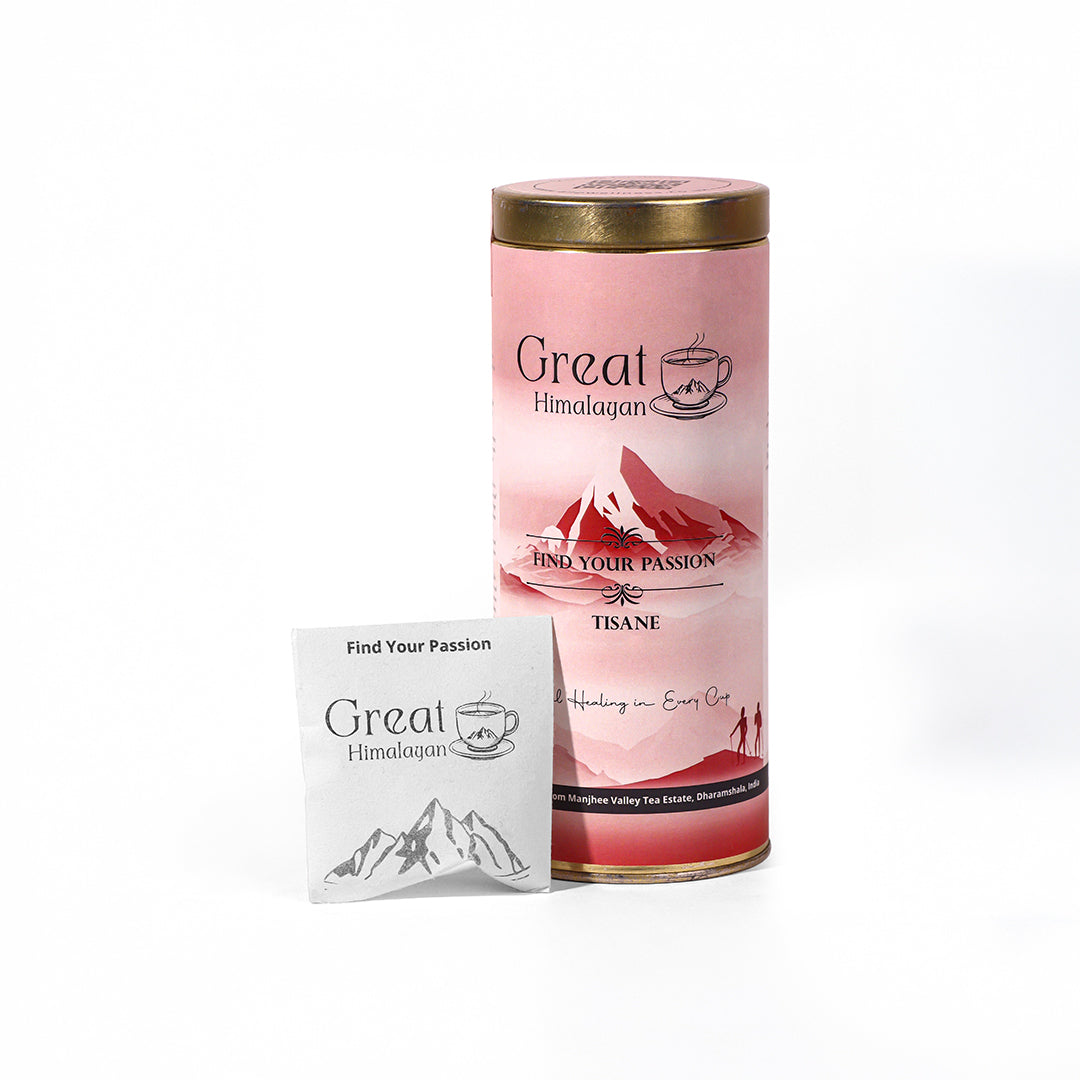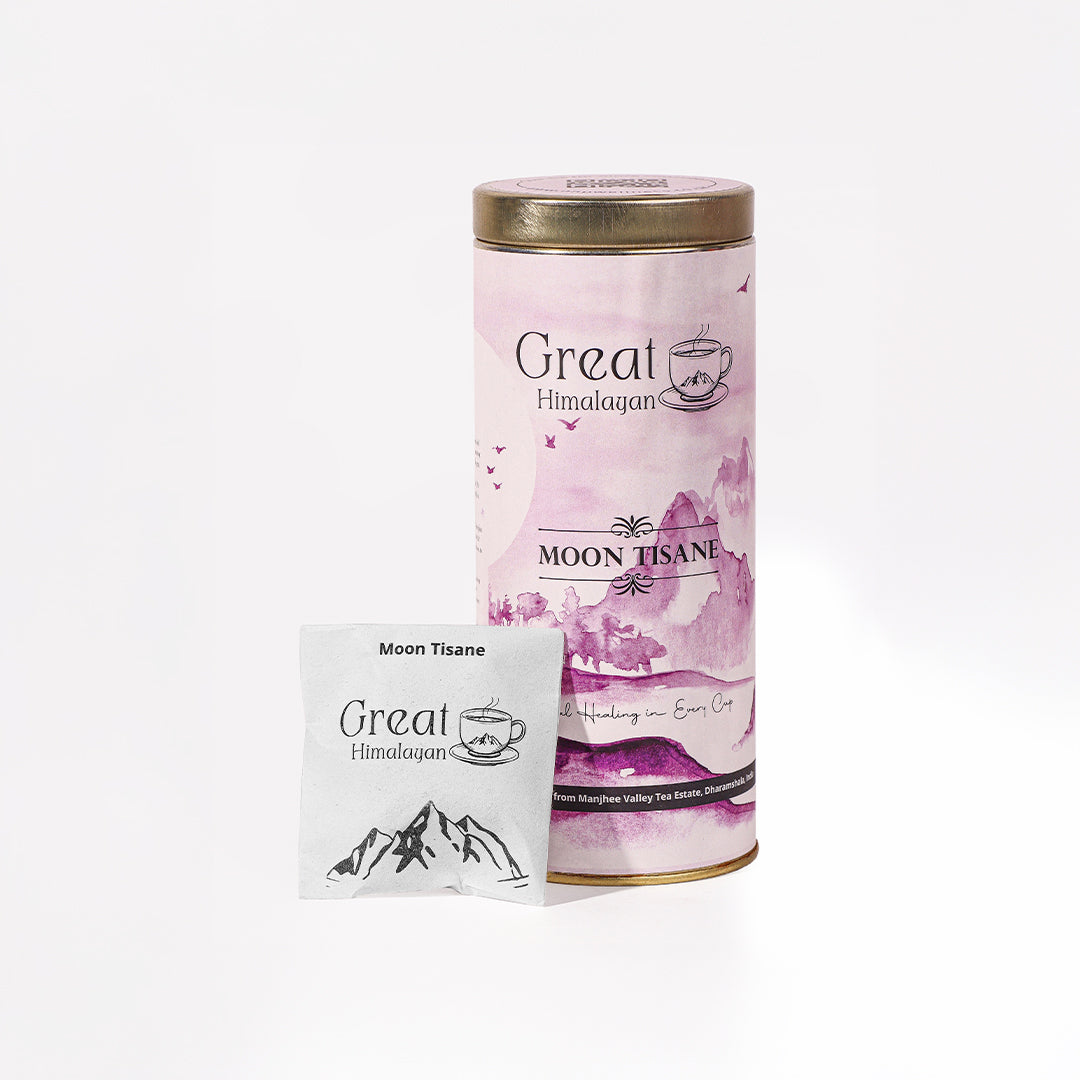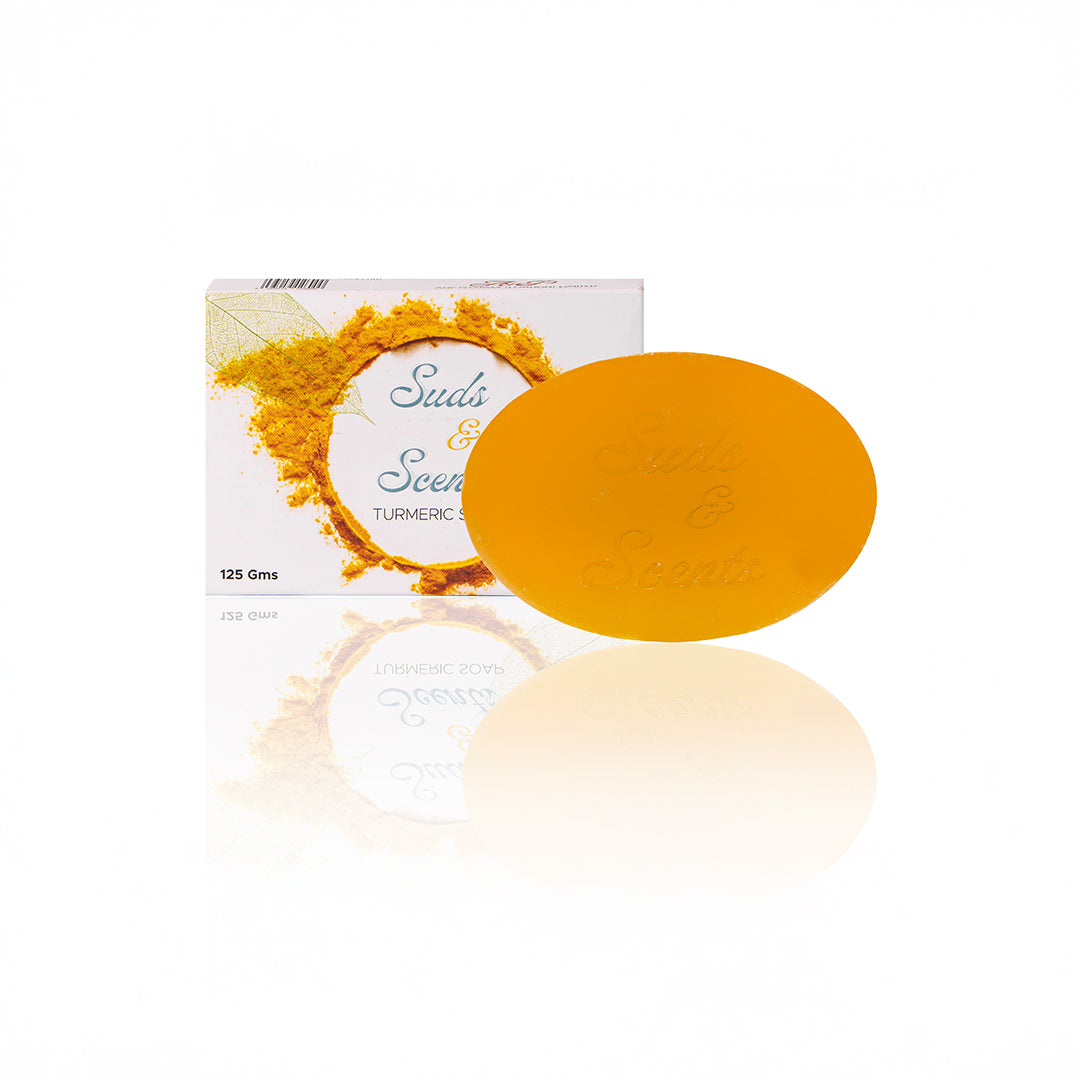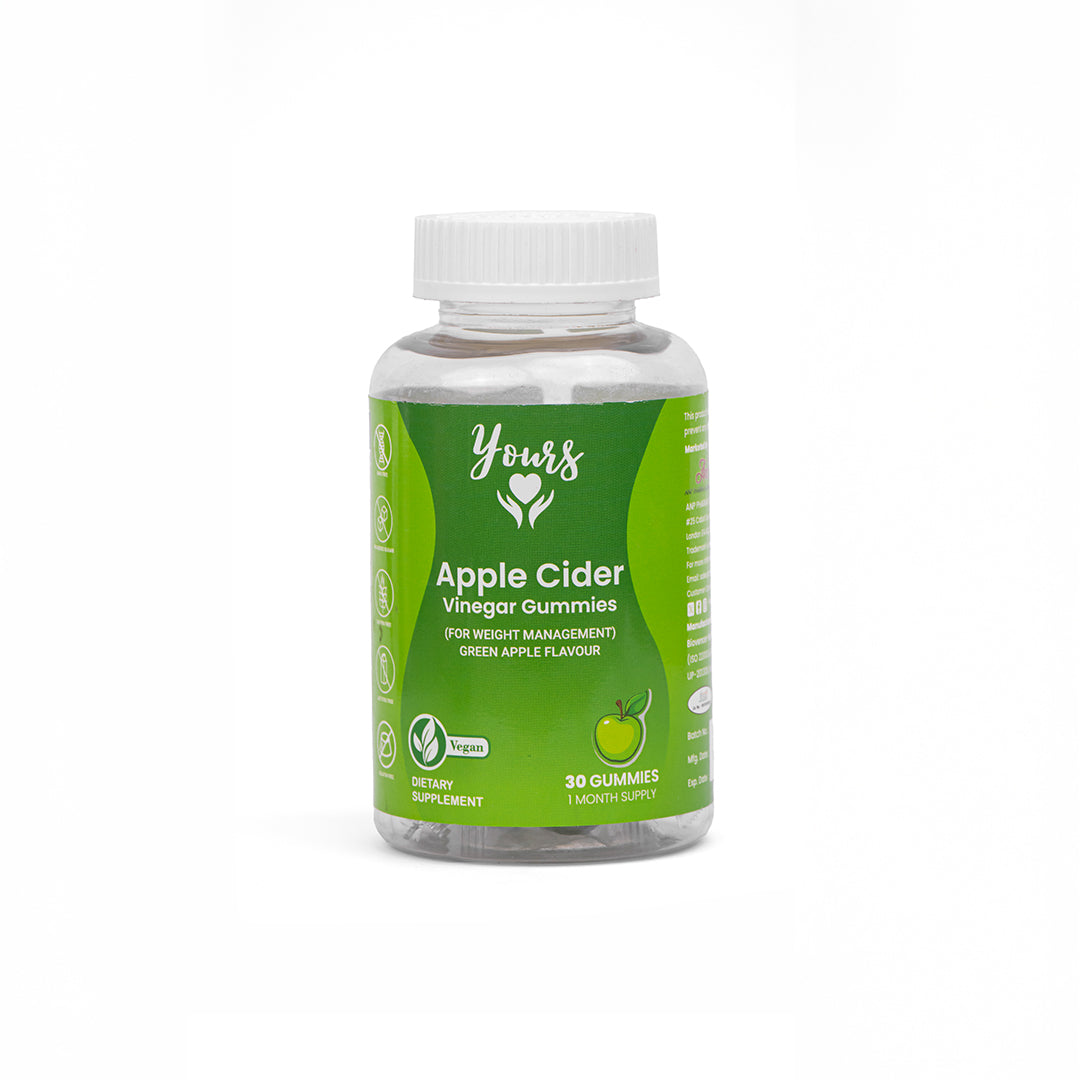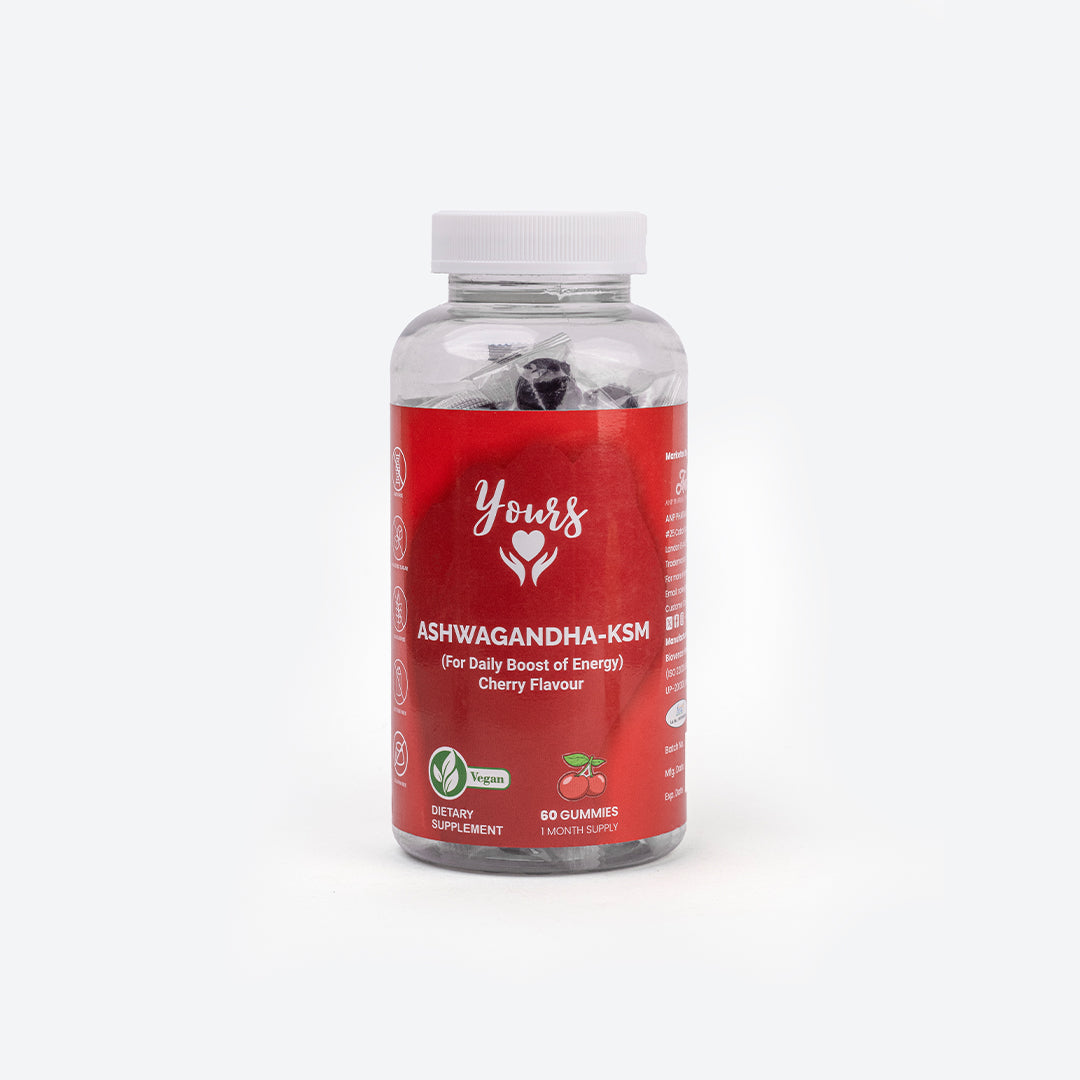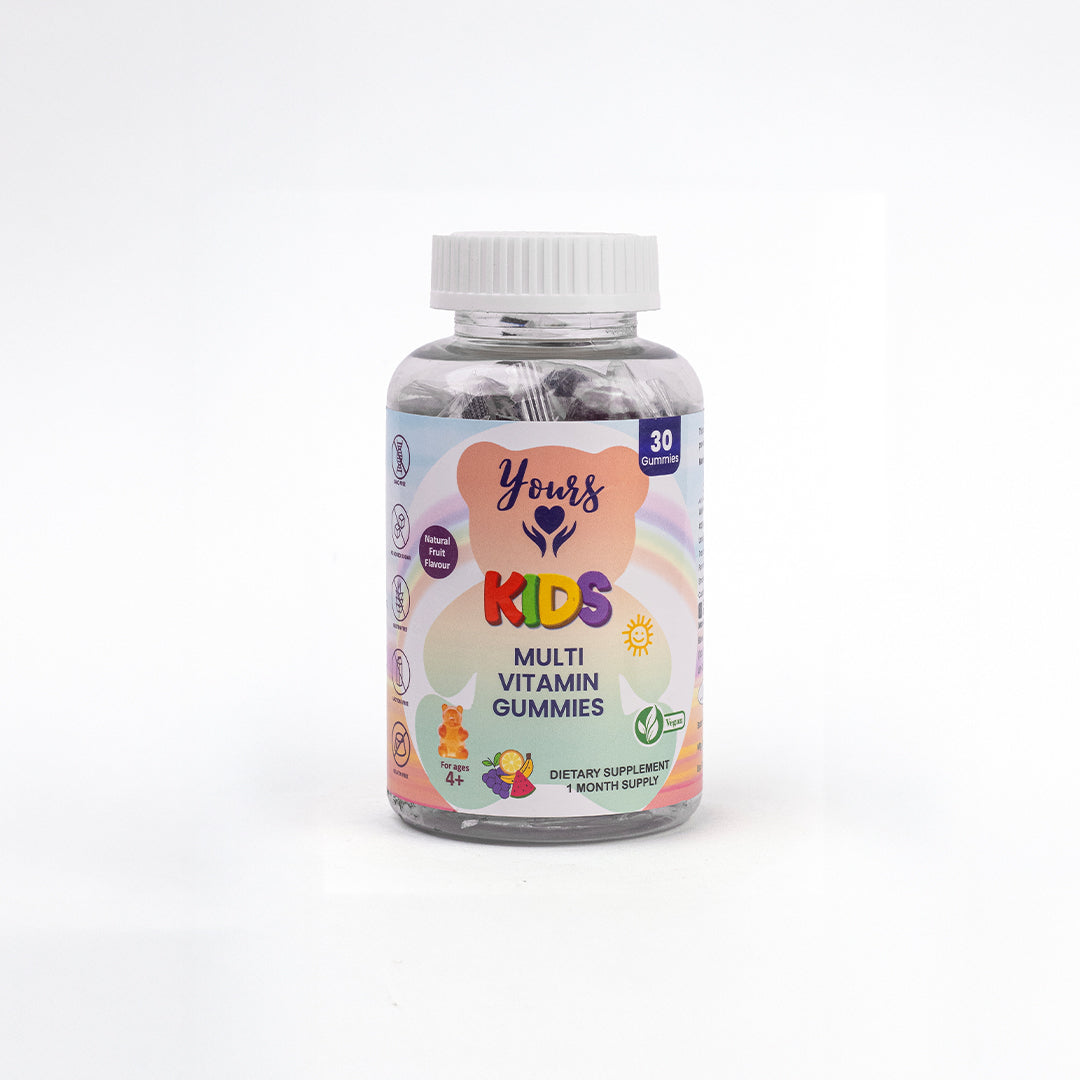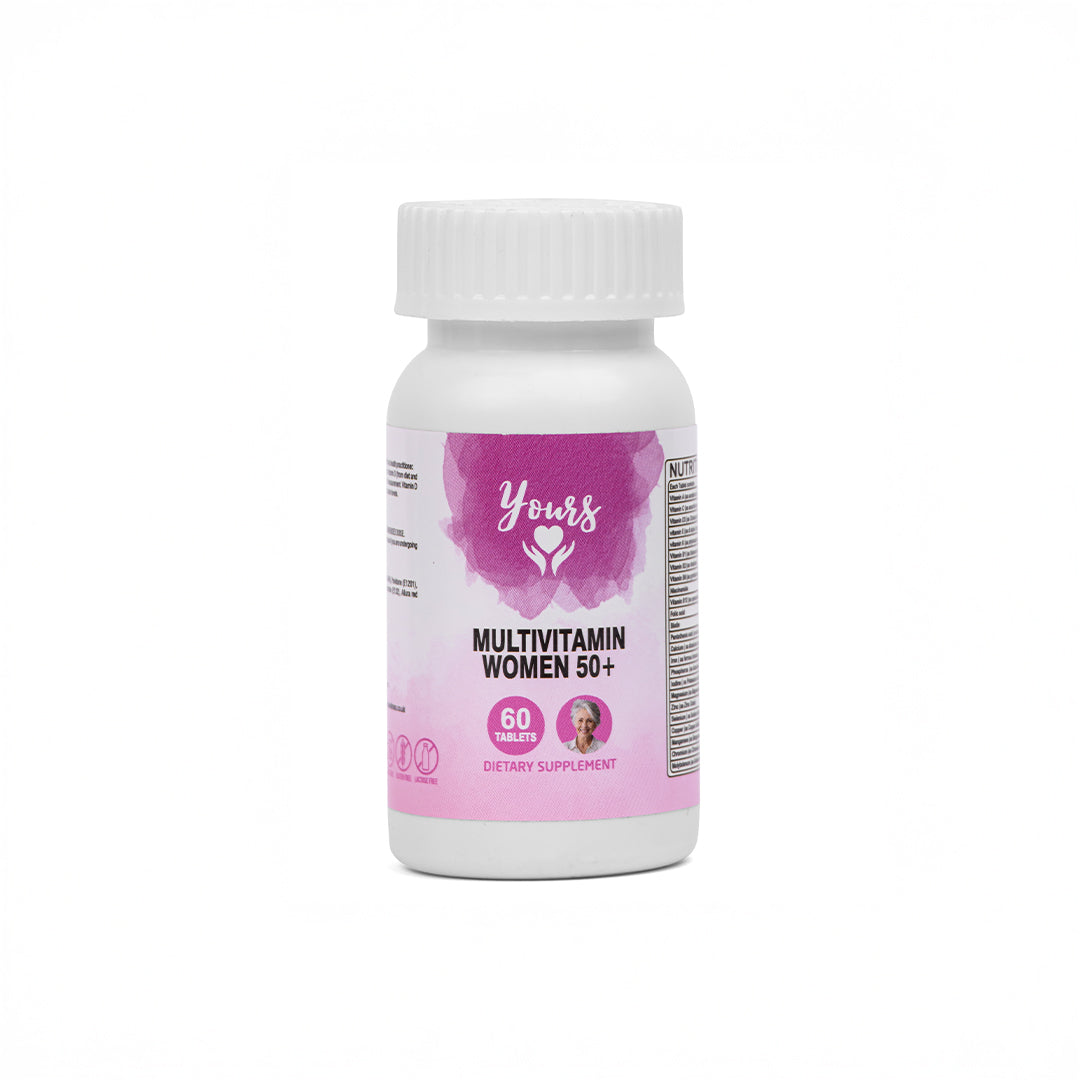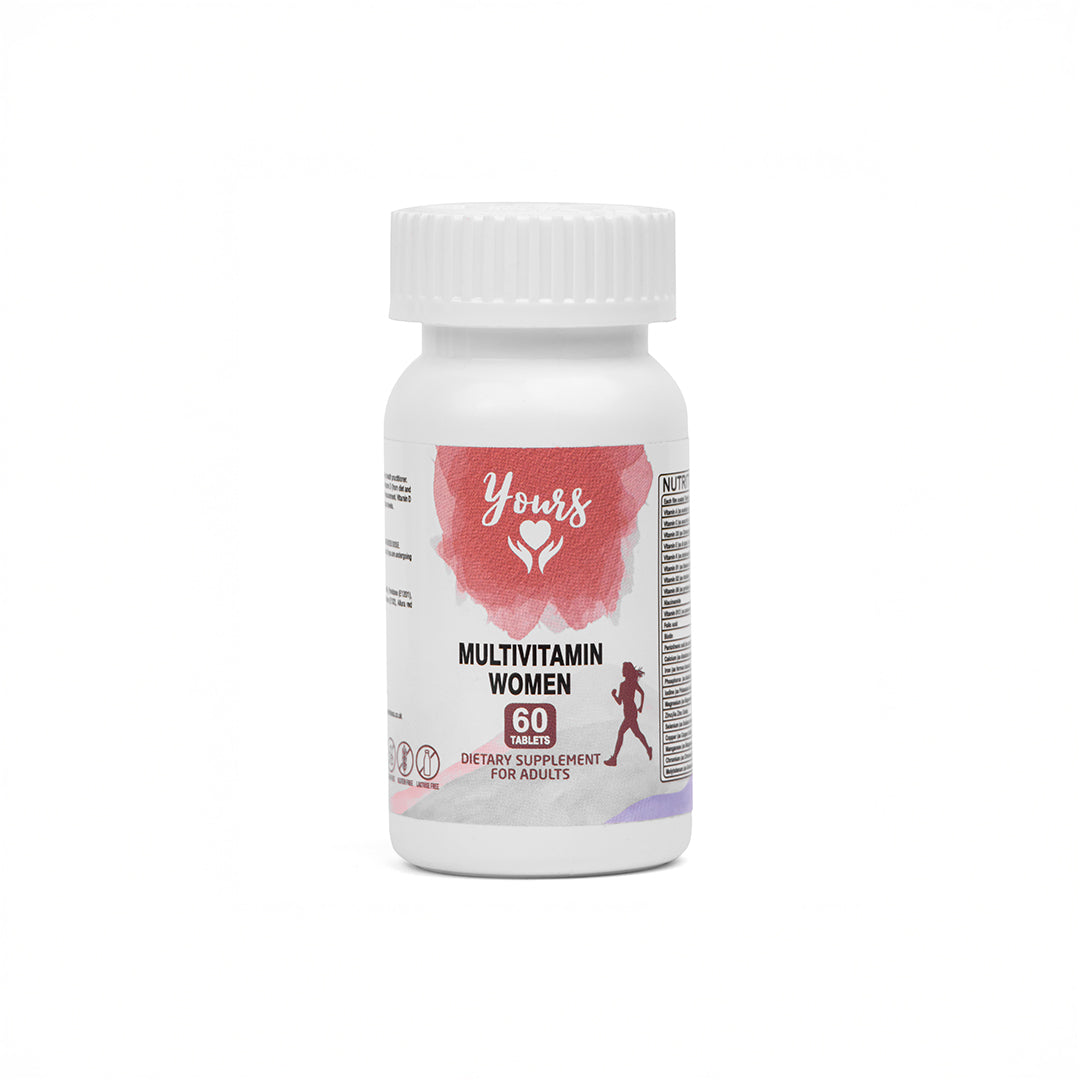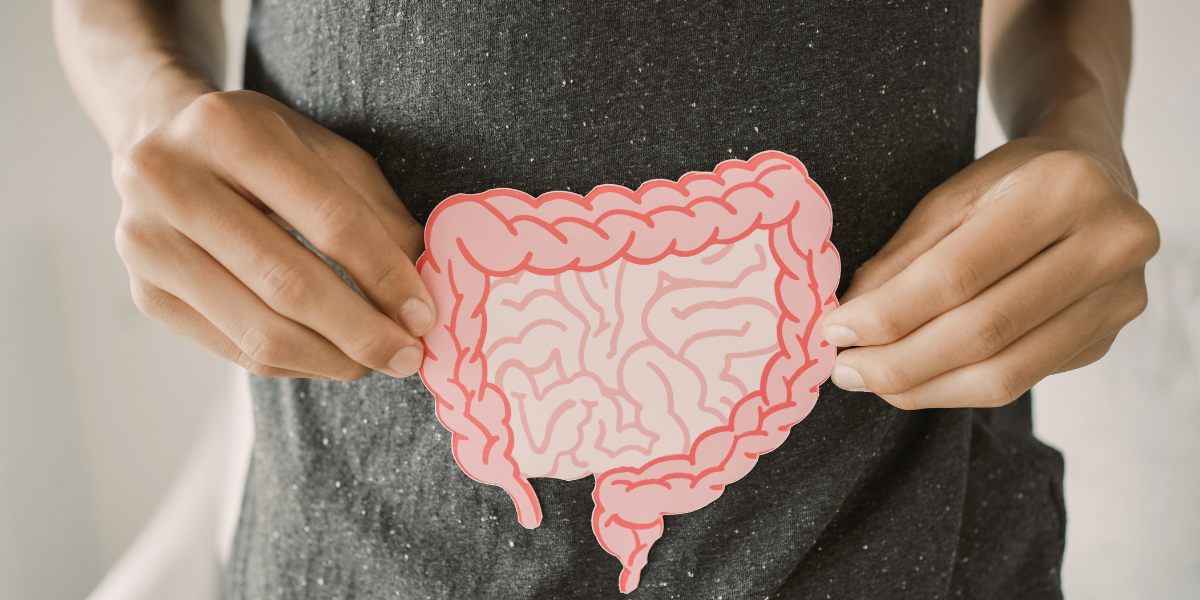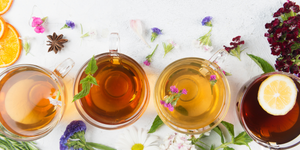Recently, gut health has enjoyed a starring role in the world of wellness, and for good reason. The digestive system is responsible for so much more than just processing our meals; it is integral to immunity, mood regulation, and all-around great health. But lots of people in the UK experience common digestive problems such as bloating, indigestion, and discomfort after eating – issues that are commonly associated with stress, a bad diet, or an imbalance in gut bacteria.
Rather than slinging pills or over-the-counter antacids, more and more folks with occasional heartburn are calling up their midwives or doulas to ask how they can ease reflux without the use of potent pharmaceuticals. Drawing on thousands of years of traditional use, they are proven to calm inflammation, aid digestion, and reduce bloating in a way that chemicals simply can’t provide.
More than comfort, from peppermint and ginger to fennel and chamomile, these healing brews help regulate gut health on a cellular level. In this post, we’ll take a closer look at the best herbal teas for digestion and what to expect from them, as well as how consumers in the UK can make the most of these options as part of their overall aim to keep their gut in good shape.
The Connection Between Digestion, Bloating & Total Wellness
Healthful digestion is the basis of exact health. When your gut is operating properly, your body effectively absorbs nutrients, your immune system is strong, and you feel energetic. But when digestion gets sluggish or out of whack, we end up with complaints like bloating, gas, and abdominal discomfort.
Gut Health and the Microbiome
Within the digestive system, on the other hand, dwell trillions of microorganisms — together, known as the gut microbiome. This ecosystem affects everything from metabolism to immunity and even mood. A vast range of gut bacteria helps with digestion and protects against inflammation and bad bugs.
How Bloating and Indigestion Develop
Bloating can be the result of Bad Digestion Or Too Much Gas production, which certain foods or a stressful life can cause. If it persists, chronic bloating can be a sign of a sluggish digestive system and mild inflammation of the lining of the intestines. Bloating-reducing herbal teas such as fennel, peppermint, and ginger help to relax the body’s digestive muscles, which then helps the body to un-bloat; they are also known as gas busters and aid in helping retain your metabolism at an optimal level due to their natural enzyme stimulants.
The Gut-Brain Connection
Your gut and brain have a constant connection called the gut-brain axis. In the same way, digestive discomfort can affect your mood, and stress or anxiety can upset your digestion. That’s why herbal teas that soothe the nervous system as well as the stomach (think chamomile or lemon balm) work so well—they’re treating both the physical and emotional causes of poor digestion.
In short, your gut health is about more than just avoiding stomach cramps — it’s about promoting the life of not only your body but a vibrant and healthy one, at that.
How Herbal Teas Are Good For Digestive Health Naturally
Across cultures, medleys of herbal teas enjoyed after meals to soothe the stomach, help with digestion, and alleviate post-meal discomfort have been used for centuries. We now have the science to prove what natural healers have known for centuries - that there are certain herbs containing active constituents that help restore gut balance, secrete digestive enzymes, and soothe inflamed tissues within the digestive tract.
Calming Inflammation
Many gastrointestinal problems start with mild inflammation of the gut lining — often due to processed foods, stress, or bacterial imbalance. Herbal Teas Herbal teas such as chamomile, licorice root, and ginger contain anti-inflammatory phytochemicals that assist in healing the gut barrier and decrease inflammation, causing you relief from bloating after eating.
Supporting Gut Microbiota
An array of strong, friendly bacteria in the gut is “the best defense” for good digestion. Herbal teas containing prebiotics such as dandelion root and fennel feed your good gut bacteria while inhibiting bad strains. This ratio boosts nutrient absorption and helps the immune system function more effectively.
Reducing Gas and Bloating
Some herbs are gentle, natural carminatives, which help to relax intestinal muscles to release trapped gas. Cup-pairings that help with bloating and discomfort include peppermint, fennel, and lemon balm teas, which assist the passage of food through the system.
Improving Nutrient Absorption
When digestion is sluggish, vitamins travel through the intestines without being fully absorbed. And herbal teas promote the secretion of enzymes and bile to break down vitamins, minerals, proteins & foods efficiently.
Also Read: Are Tisanes not Tea?
Gentle Detoxification
Herbal concoctions can help too, like dandelion and ginger tea, which are gentle detoxifiers - so your liver will work better and carry waste out of you more easily. This purging quality adds one more advantage, improving gut health and maintaining the digestive tract in good condition.
Collectively, these bodily natural mechanisms are one of nature’s simplest yet most effective means for keeping your gut in balance and feeling good—without a lot of reliance on man-made drugs or harsh cleanses.
Best Herbal Teas For Digestion and Bloating (With Evidence-Backed Results)
From Ayurvedic traditions to contemporary herbal medicine, a number of teas are well known for their digestive health support. These aren’t just old wives’ tales — science supports their ability to act as a temporary tonic for discomfort, stimulate gut enzymes, and restore balanced earth systems in your microbiome. Here are the 14 best teas for bloating to sip on for improved digestion and gut health.
Peppermint Tea
A cup of peppermint tea is one of the most popular home remedies for indigestion and bloating. Its active ingredient, menthol, relieves the muscles of the intestines to help reduce gas and alleviate tummy tension. According to research published in the Journal of Gastroenterology, mint tea can alleviate IBS symptoms and aid digestion.
Ginger Tea
Warming and anti-inflammatory, ginger tea aids digestion by activating salvia, bile, and digestive enzymes. It’s good for digesting heavy meals and relieving nausea and bloating. Regular use can also help improve nutrient absorption and decrease acid reflux.
Fennel Tea
Gentle but potent, fennel tea can be very effective in easing gas and cramping. Its natural oils — anethole and fenchone — are also carminatives that help with stomach and intestinal distress. Traditional use in Europe post-meal to prevent bloating and promote digestion naturally.
Chamomile Tea
Dandelion root has also helped with constipation, and chamomile is good for both digestion and the nervous system as well. It reduces inflammation of the stomach, can aid in acid reflux, and helps relax the digestive tract. Since stress frequently exacerbates digestive discomfort, chamomile tea is also a good choice for people whose bloating originates from anxiety or nervousness.
Licorice Root Tea
Glycyrrhizin is found in licorice root and helps repair the gut lining and reduce irritation from acid exposure. It’s particularly helpful for those who have gastritis, heartburn, or sensitive tummies. But its consumption must be moderate, and it should not be taken by patients who are hypertensive.
Lemon Balm Tea
Mild sedative and antispasmodic properties of lemon balm calm both the gut and the mind. It reduces indigestion, cramping, and gas — and also soothes stress, an insidious (and underdiagnosed) cause of terrible digestion.
Dandelion Root Tea
Dandelion root tea is high in prebiotics, and antioxidants support liver detox and bile flow, helping fat digestion. Its gentle bitterness is great for purifying the digestive system, so it makes a fantastic ally any time you’re doing gut-healing work.
Added to a balanced diet, these teas establish and maintain a natural foundation for healthy gut bacteria. They each feature their own benefits, but combined, they make an incredibly potent tool for those interested in natural remedies for bloating and digestive discomfort.
Check Out These 12 Healing Herbal Teas For Gut Health And Detox!
The best way to drink herbal teas for digestion and bloating is mindfully. How and when you combine those with your diet can have a big impact on results. Here’s how to make the most of your daily cup for better gut health and longer-lasting comfort.
When to Drink Herbal Teas
Ideally, digestive teas should be consumed 20–30 minutes after having a meal or in between meals. Drinking peppermint, fennel, or chamomile tea after eating aids the body in managing digestion more efficiently, and your food will be digested more easily & reducing gas. For more potent detox brews like dandelion or ginger tea, the morning or midday is best—those types of teas boost metabolism and get the digestive tract going for increased energy throughout the day.
How Many Cups of Herbal Tea to Drink
For noticeable benefits, consistency matters. If you drink 1–2 cups daily, it will help with bloating and regularity/overall gut health. Herbal teas can be drunk long-term and easily replace caffeinated beverages like coffee, which is abrasive on the stomach.
Teas and Their Application in Dieting and Hydrating
For more effectiveness, complement herbal teas with a healthy fibre-based diet. Any fermented foods, like yoghurt or kefir, are also great at providing health-supporting bacteria in the gut. Drinking water and tisanes throughout the day keeps your digestive tract well-lubricated and functioning.
Avoid Overheating or Over-Steeping
When steeping, pull the herbs off the fire before they are boiled for too long. Steeping too long can make tea bitter and dilute its calming effects. Let it steep for 5 to 7 minutes in hot (not boiling) water, and sip slowly so the compounds have time to do their thing.
Combine for Synergy
Others have success blending herbs — say, ginger and peppermint for gas relief or chamomile and lemon balm for digestion as well as relaxation. Experiment to see what combinations work best for your body and routine.
By adding in these small habits, especially if you add a healthy dose of gut-friendly herbs to your beverages, herbal teas for gut health can be one of the easiest acts with one of the most powerful results — keeping your digestive system running as smoothly (and naturally) as possible.
The Science Behind Herbal Teas& Digestive Enzymes
The ways in which herbal teas help with digestion aren’t just old wives’ tales — they’re grounded in solid biochemistry. Many herbs are natural sources of compounds that can help encourage your body to produce its own digestive enzymes, which in turn can help break down fats, carbs, and proteins more effectively. These enzymes are critical to the absorption of nutrients and the balance of gut flora, particularly when metabolism begins to slow naturally with age.
How Digestive Enzymes Work
Digestive enzymes are proteins that accelerate the chemical reactions required to break food down. Carbohydrates are parsed by amylase, proteins are digested by protease, and fats are handled by lipase. These enzymes may become less active when the body is stressed or digestion is slow, resulting in bloating, gas, and indigestion.
Herbal teas encourage enzyme production and are helpful as they increase bile flow, the action of the pancreas, and the secretion of gastric juices for more effective digestion and fewer symptoms post-feed.
Herbs That Enhance Enzyme Activity
Ginger: Has a digestive enzyme that helps break down protein.
Peppermint: Encourages the production of bile, which helps to break down fat.
Fennel: An intestinal antispasmodic that stimulates peristaltic motion and helps increase enzyme efficacy.
Dandelion: It stimulates bile secretion, releasing toxins and aiding in the breakdown of fat.
Together, all of these herbs can help your body do what it was meant to — digest food in the most efficient and comfortable way possible.
Gut-Brain Connection and Enzymatic Balance
Recent studies have also informed us about the gut-brain axis: stress affects enzyme production and digestion rate. That’s why calming teas like chamomile and lemon balm not only help you calm down, but also support digestion indirectly by helping to restore parasympathetic (“rest and digest”) function.
It is this interplay between mind and body that allows herbal teas to be such an effective force of nature. By promoting enzyme activity and curbing gut inflammation, they encourage a more harmonious, balanced digestive system — one that operates with ease, rather than effort.
Lifestyle Advice for a Happier Gut
Although digestif herbal teas and bloating teas are key in helping support gut health, your best bet is to pair them with mindful personal lifestyle choices. Digestion is affected by everything — from how quickly you eat to the way you handle stress. Here are some basic habits that can set you up for a stronger gut, smoother digestion, and more consistent energy.
Eat Mindfully, Not Quickly
Eating too quickly is one of the greatest enemies of digestion. When you eat too quickly, your body doesn’t have time to discharge the correct enzymes or send out signals of fullness properly. Take your time, chew well, and enjoy your food. Combining that habit with a cup of hot peppermint or ginger tea after meals can be a really good way to enhance digestive efficiency.
Manage Stress Daily
Stress immediately impacts the gut via your gut-brain axis, which lowers enzyme function as well as slows down metabolism. Herbal teas such as chamomile, lemon balm, and lavender can support your nervous system’s ability to get back into a relaxed “rest and digest” mode. Simply doing some yoga or meditation, or even focused breathing, before eating, can make a big difference.
Stay Hydrated
Infuse with water or herbals to help keep the flow of food/waste moving through us. For stool softening, enzyme activity, and avoidance of constipation, it is essential for horses to remain adequately hydrated. Swap out one cup of coffee daily for an ANP Wellness caffeine-free tisane to hydrate and calm your tummy.
Avoid Processed and Sugary Foods
Ultraprocessed foods and too much added sugar can also act as “food” for the bad bacteria in your gut, causing bloating and inflammation. Instead, fuel your healthy gut bacteria with whole foods, probiotics (such as yoghurt or kefir), and prebiotics (including oats, garlic, and bananas).
Get Consistent Sleep
Your gut has a circadian rhythm of its own. Bad sleep impairs digestion and leads to bloating and cravings. A relaxing tisane, such as chamomile or valerian, helps the digestive cycle in your body’s time.
Pair those habits with drinking herbal teas on the regular for gut health, and you’ll be setting yourself up with a sustainable routine that supports digestion, immunity, and long-term vitality (not chemically).
ANP Wellness Great Himalayan Tisanes: Designed for Digestion & Gut Balance
We believe at ANP Wellness that optimal health starts in the gut. More than teas, our Great Himalayan Tisanes are wellness blends thoughtfully curated to celebrate ancient herbal wisdom and backed by modern science – all of this plus, digestion aid, bloating relief, and gut harmony.
Blended with Purpose
This collection of tisanes is conscientiously designed from handpicked herbs sourced from the Himalayas – fennel, peppermint, lemongrass, and ginger. These nutrients help calm inflammation, encourage the production of digestive enzymes, and support healthy detoxification without extreme measures.
Clean, Chemical-Free Formulations
We’ve no artificial flavours, colours or preservatives. Each ANP Wellness tisane is all-natural, caffeine-free, and ethically sourced. We take our clean-label promise seriously, so not only do we pack our bone broth to the brim with organic ingredients (no mystery “natural flavors” here), but you can also be confident that there’s NOTHING unnecessary or harmful lurking inside.
Formulated for Real UK Lifestyles
The UK’s busy lifestyles and inconsistent eating habits can take their toll on digestion. That’s why ANP Wellness blends were developed to bring balance even to a hectic modern lifestyle. Drink a cup of these teas post-meals or as an evening ritual to calm your mind and reset your body.
Holistic Gut Health, Simplified
There’s more to our gut-focused blends than helping with bloating—they are designed to support the entire digestive ecosystem. They work to rebalance gut microbiota and support nutrient absorption in a healthy way, so you feel your best from one day to the next.
When you choose ANP Wellness digestive herbal teas, you’re not only choosing sustainable and science-led wellness - for the results that really matter. Each sip is a step toward feeling lighter, healthier, and more in sync with your body.
Conclusion: How to Heal Your Gut Naturally
Your gut does more than digest food — it’s the cornerstone of your immunity, mood, and overall vibrancy. When bloating, slow digestion, or discomfort start to disrupt your day, do as follows: take one capsule with food and water three times daily. It’s a signal that your gut needs long-term regular attention.
Herbal teas for digestion & bloating are one of the easiest and most effective ways to reduce discomfort in your body and digestive system. These teas, supported by centuries of use and growing scientific evidence, bring about reduced inflammation and nourish good bacteria as they help the body move food through with ease.
By adding such blends as peppermint, ginger, chamomile, and fennel tea into your daily regimen, you can help take the first steps to maintain good gut health for years to come (and say adios to those artificial tablets and bone-dry diets).
And with ANP Wellness Great Himalayan Tisanes, you’re not just getting a herbal tea — you get customised, research-based formulations for the health needs of a modern UK confidant lifestyle. Our tisanes are made with nothing but nature and no chemicals- your everyday line to digestion, bloating & gut balance.
Because when your stomach feels good, Life goes on- Your brain + energy + wellness.
FAQs
What is the best herbal tea for digestion?
The best herbal teas for digestion. Some of the best (and most delicious) herbal teas that support your digestive system include peppermint, ginger, fennel, and chamomile. These are the herbs that help calm down one's digestive tract, boost natural enzymes, and help counterbalance gas or bloating after meals.
Do herbal teas help with bloating quickly?
Yes, teas such as fennel or peppermint have long been recognized for their quick carminative actions. They help to relax your muscles in the intestine, which allows gas that was trapped to pass more easily, and you can fight bloating naturally, usually within 15 to 30 minutes of drinking.
Are you able to drink herbal tea every day?
Absolutely. Herb teas are not caffeine-specific and most can be enjoyed throughout the day. This includes drinking 1-2 cups of ANP Wellness digestion teas in a day, which can help maintain good digestive health, eliminate bloating, and keep hydrated without any side effects.
Do herbal teas have any of these benefits for conditions such as IBS or acid reflux?
Some herbal teas, such as chamomile, licorice root, and lemon balm, may help to relieve inflammation and calm acid irritation. But for the best results, individuals with long-term IBS should opt for a non-spicy, caffeine-free blend.
How long does it take to see results from herbal teas?
Most people find the mild bloating to last for a day or two, some have it with each subsequent serving, but it typically goes away after 2-3 days… Generally speaking, the deeper balance of gut flora comes around over 2-3 weeks, best when GRB is part of your daily regimen. As with all natural solutions, the effects accumulate slowly over time from repeated use.
Are ANP Wellness teas beneficial for the gut?
Yes. ANP Wellness Great Himalayan Tisanes are formulated with digestive herbs, including ginger, fennel, and peppermint, to help stimulate enzymes, decrease bloating, and support microbial balance. They’re clean-label, caffeine-free, and made for everyday wellness.


